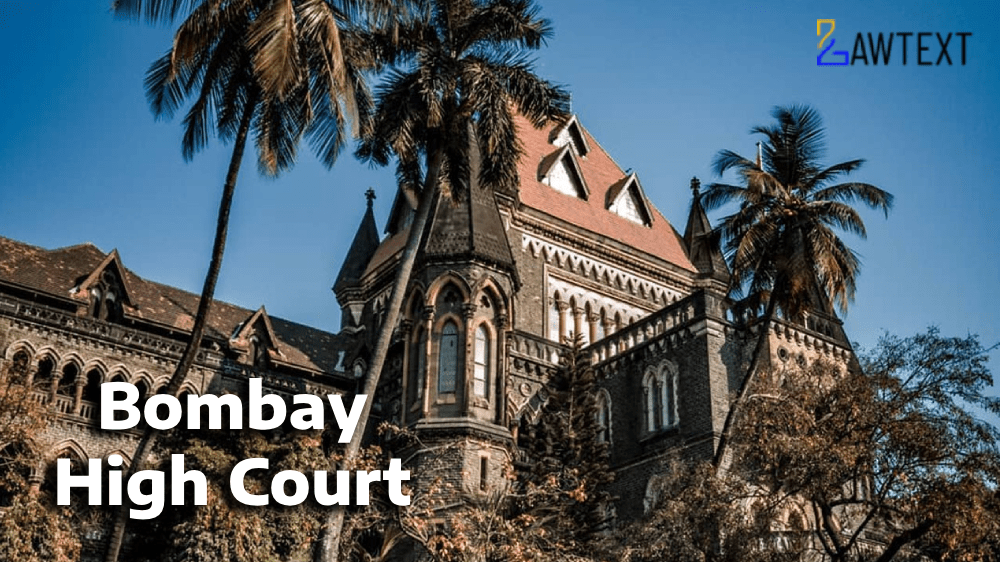CASE NOTE & SUMMARY
The High Court addressed whether minority institutions require prior permission from the Education Department when appointing non-teaching staff in aided colleges. The petitioners, appointed as Laboratory Assistants, sought approval of their appointments, which had been declined by the Education Department due to a lack of prior permission. The court held that while Article 30 of the Constitution grants privileges to minority institutions, these privileges are not absolute, especially where transparency in recruitment processes is mandated. The petition was dismissed, reaffirming that no exemption from standard recruitment procedures exists for minority institutions absent specific statutory provisions.
Acts & Sections Discussed:
- Article 30 of the Constitution of India – Privileges for minority institutions.
- The Maharashtra Non-Agricultural Universities and Affiliated Colleges Standard Code (Terms and Conditions of Service of Non-Teaching Employees) Rules, 1984 – Governs the service conditions for non-teaching employees.
- Maharashtra Employees of Private Schools (Conditions of Service) Regulation Act, 1977 (M.E.P.S. Act) – Discussed in relation to privileges extended to minority institutions in different contexts.
Ratio Decidendi:
The court held that Article 30 of the Constitution grants certain privileges to minority institutions but does not exempt them from following mandated procedures for recruitment, such as obtaining prior permission from educational authorities. Uniformity, transparency, and equal opportunity are crucial in public-funded recruitment processes. The absence of specific statutory provisions exempting the college’s management from obtaining such permissions justified the dismissal of the petition.
Subjects:
- Subject: Constitutional Law, Minority Rights, Employment Law
- Tags: Minority Educational Institutions, Article 30, Appointment Approval, Prior Permission, Education Department, Aided Colleges, Non-Teaching Staff
Para-wise Main Facts with Headings:
1. Introduction and Background
- Petitioners challenged the refusal of approval for their appointments due to lack of prior permission, claiming privileges under Article 30 for minority institutions.
2. Petitioners' Appointments
- Petitioners appointed as Laboratory Assistants at a minority institution (aided college) without securing prior permission, as per the Education Department's procedural requirements.
3. Argument by Petitioners
- Cited Article 30 as granting exemption from obtaining no-objection certificates (NOC) for recruitment; highlighted available sanctioned posts and compliance with due process in hiring.
4. State's Objection (Respondents’ Submission)
- Education Department’s Circulars (2019 and 2021) mandate prior permission; claimed this requirement is universal for transparency, even for minority institutions.
5. Analysis of Relevant Circulars and Government Resolutions (G.R.)
- 2014, 2018, and 2021 G.R.s discussed; 2021 Circular imposes strict adherence to obtaining NOCs and mandates transparency in appointments to government-aided posts.
6. Court's Examination of Privileges under Article 30
- Court emphasized that Article 30 privileges are not absolute; recruitment policies ensure consistency and fairness across aided institutions, minority or otherwise.
7. Case Law Analysis
- Reviewed relevant judgments (Shital Kumar Patil and Urdu Education Society), finding them inapplicable due to differing circumstances.
8. Conclusion
- Lack of statutory provision for exemption upheld; petitioners' claim to privilege under Article 30 dismissed. Rule discharged, petition dismissed.
Citation: 2024 LawText (BOM) (10) 255
Case Number: WRIT PETITION NO. 2888 OF 2023
Date of Decision: 2024-10-25
Case Title: Shaikh Rafe Moinuddin & Ors. Versus
Before Judge: MANGESH S. PATIL AND SHAILESH P. BRAHME, JJ.
Advocate(s): Shri S. S. Tope, Advocate for the Petitioners. Mrs. P. J. Bharad, A.G.P. for the Respondent Nos. 1 to 3. Shri Sayyed Tausef Yaseen, Advocate for the Respondent Nos. 4 and 5.
Appellant: Shaikh Rafe Moinuddin & Ors.
Respondent: The State of Maharashtra & Anr.

